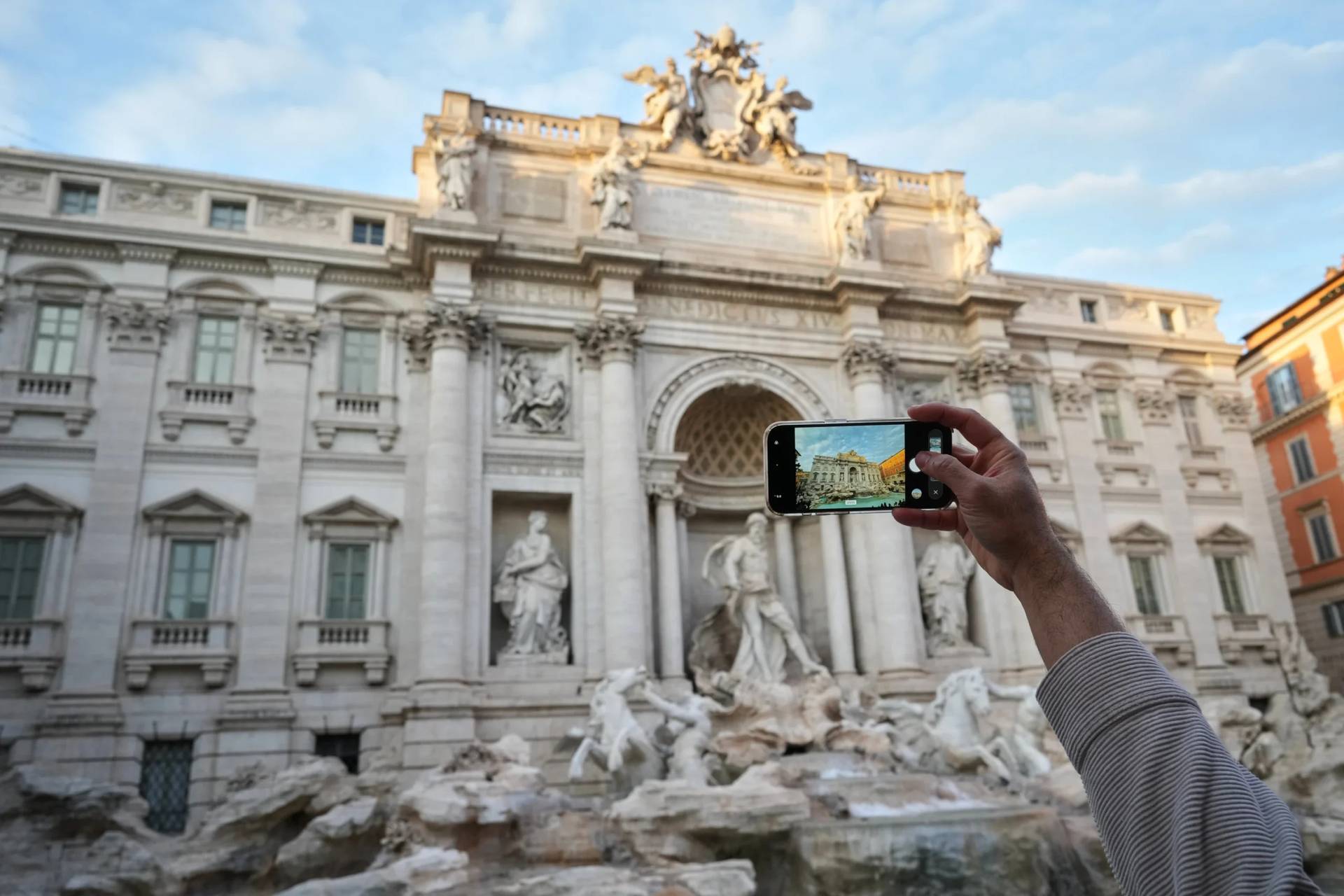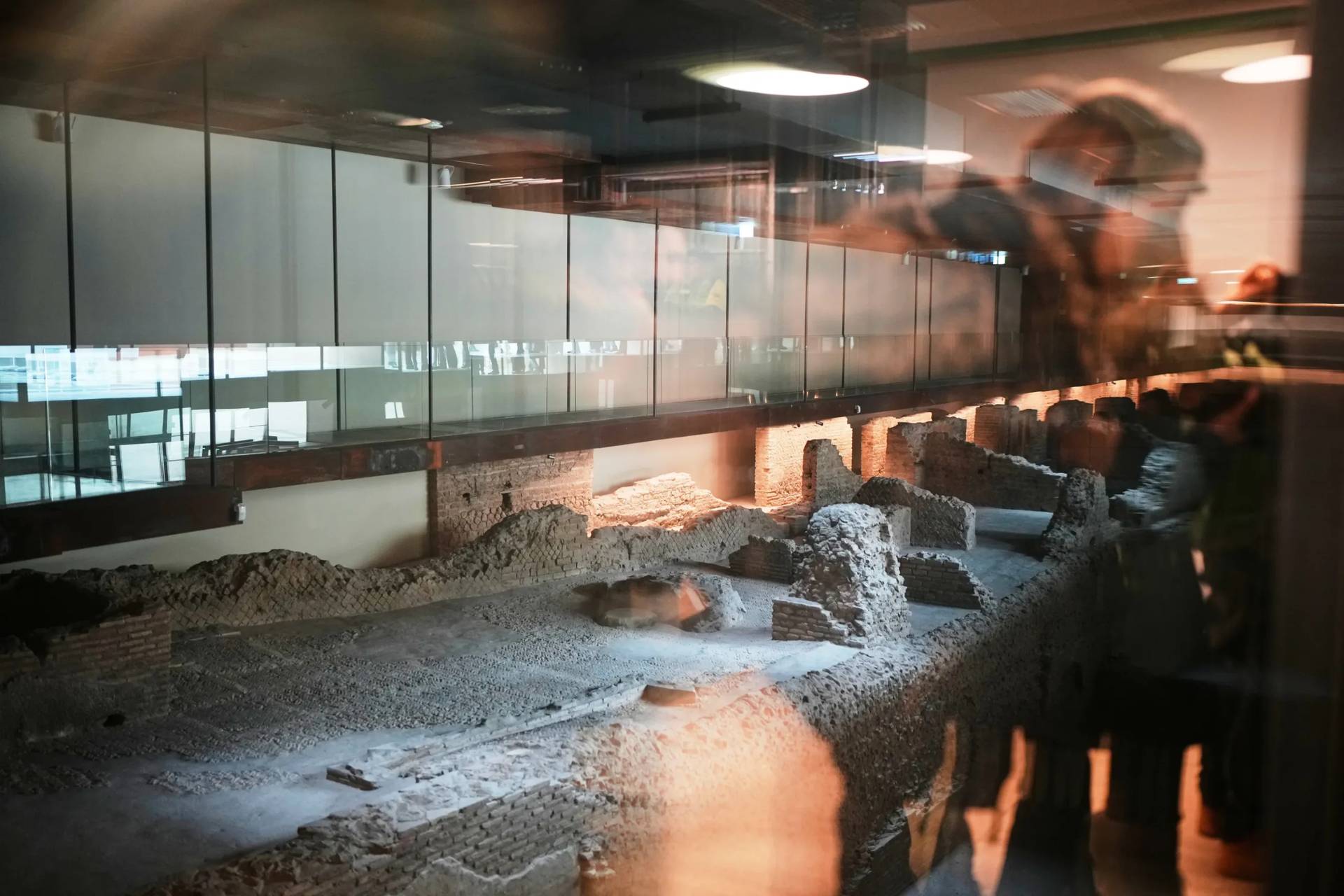ROME – Despite repeated appeals by family members and Catholic leaders, including Pope Francis, on Tuesday doctors began to withdraw life support from quadriplegic Frenchman Vincent Lambert, 42, who has been in a vegetative state for over 10 years.
“Why won’t you listen to us? Vincent is a human being, not an object,” said Lambert’s mother before the International Committee on the Rights of Persons with Disabilities July 1, where she pleaded against the “legal assassination of our son.”
“Vincent is not a vegetable,” she added. “I’ve never seen a vegetable turn its head when it’s called. I have many pictures and videos that prove exactly the contrary of what can be read on the papers.”
In 2008, Lambert was severely injured during an accident aboard his motorcycle that left him dependent but did not hinder his ability to breath and survive. He is the father of a girl born shortly before the accident.
His Catholic parents and his siblings have been entrenched in a legal battle to ensure that treatment continues, dividing public opinion in France and Europe in what has become known as “L’affaire Lambert.”
Some doctors believe the man has “minimum conscience,” while others state that he is in a “chronic vegetative state.”
With the support of Lambert’s wife, doctors began suspending treatment in 2013 but accidentally maintained a sufficient dose of hydration to ensure his survival. After Lambert’s life support was withdrawn again in May, it was the Court of Appeals in Paris that intervened to order medical personnel to continue treatment.
What may be the last development in this sad and prolonged affair came on Friday, when France’s Court of Cassation, one of four courts of last resort in the country, overturned an appeal to continue administering life support.
As of now, Lambert is no longer being fed or hydrated, though palliative care remains for the patient to alleviate the pain of hunger or thirst.
Twice Francis has spoken in favor of preserving human life in direct reference to Lambert’s case. The first was in April 2018, when the pope expressed his closeness and prayer for the “delicate, very painful and complex” cases of Lambert and English infant Alfie Evans, who was suffering from a degenerative disease.
“Let us pray so that every sick person may be respected in his dignity and cured in a way that is appropriate to his condition, with the concordant input of the family, doctor and other health operators with a great respect for life,” Francis said after his Regina Coeli prayer.
More recently, the pope took to Twitter to launch an appeal for those living with severe sickness. “Let us always be custodians of life, a gift from God, from the beginning to its natural end. Let’s not surrender to the throw-away culture,” he said on May 20.
Euthanasia is illegal in France, but a 2016 law allows doctors to put patients deemed to be terminally ill in Continuous Deep Sedation (CDS). Local church officials fear that this law, especially if applied to the Lambert case, opens the door for euthanasia in the country.
“Not leaving a human to die from hunger or thirst and doing all one can to keep appropriate treatments through to the end concerns the honor of a humane society,” read a May statement by Archbishop Éric de Moulins-Beaufort of Reims, president of the French episcopal conference, and his Auxiliary Bruno Feillet.
The bishops stated that several institutions are willing and able to care for Lambert and said that removing life support would put at stake the “realization of a society that is capable of caring for its weakest members.”
They said giving up this ideal “because some treatment is expensive or because it would be useless to let a human being live, would ruin the efforts made by our civilization.”
“Let our French society not commit itself on the way to euthanasia,” the bishops wrote.
Soon after, Vatican officials sided with the local church by insisting that the withdrawal of hydration and nutrition would constitute a “grave violation of the dignity of the person.”
The declaration was signed by Cardinal Kevin Farrell, who heads the Vatican’s Department for Laity, Family and Life and Archbishop Vincenzo Paglia, President of the Pontifical Academy for Life on May 21.
“The suspension of such care represents,” the document states “a form of abandonment of the patient, based on a pitiless judgment of the quality of life, expression of a throwaway culture that selects the most fragile and helpless people, without recognizing their uniqueness and immense value.”
Several bishops and Vatican-owned papers have also come forward to voice their support for Lambert’s family in their effort to ensure that his treatment continues.
“Vincent Lambert is alive, like the rest of us,” said Father Roberto Colombo, professor of Medicine and Surgery at the Catholic University of the Sacred Heart in Rome, in a July 2 interview with Vatican Radio.
“We stand before a euthanizing stubbornness that is unworthy of good medicine and a civil society based on the law and equality of all its members, even if greatly disabled,” said Colombo, who is also a member of the Vatican’s department for laity and life academy.
Denied by the European Court of Human Rights, Lambert’s mother made a final desperate attempt before the United Nations on Monday. “Without your help,” she said, “my son will be euthanized by a doctor because of his brain handicap.”
















